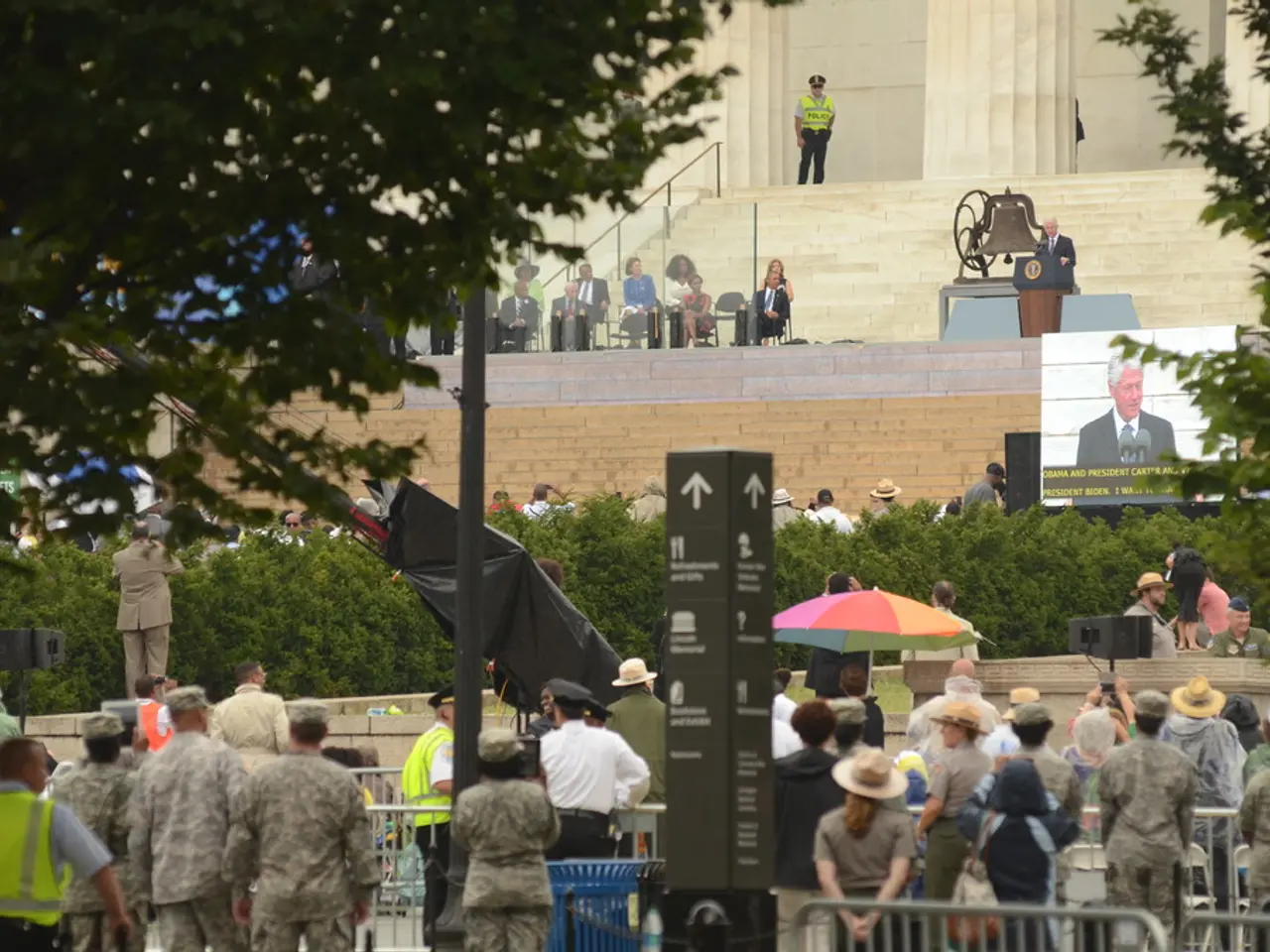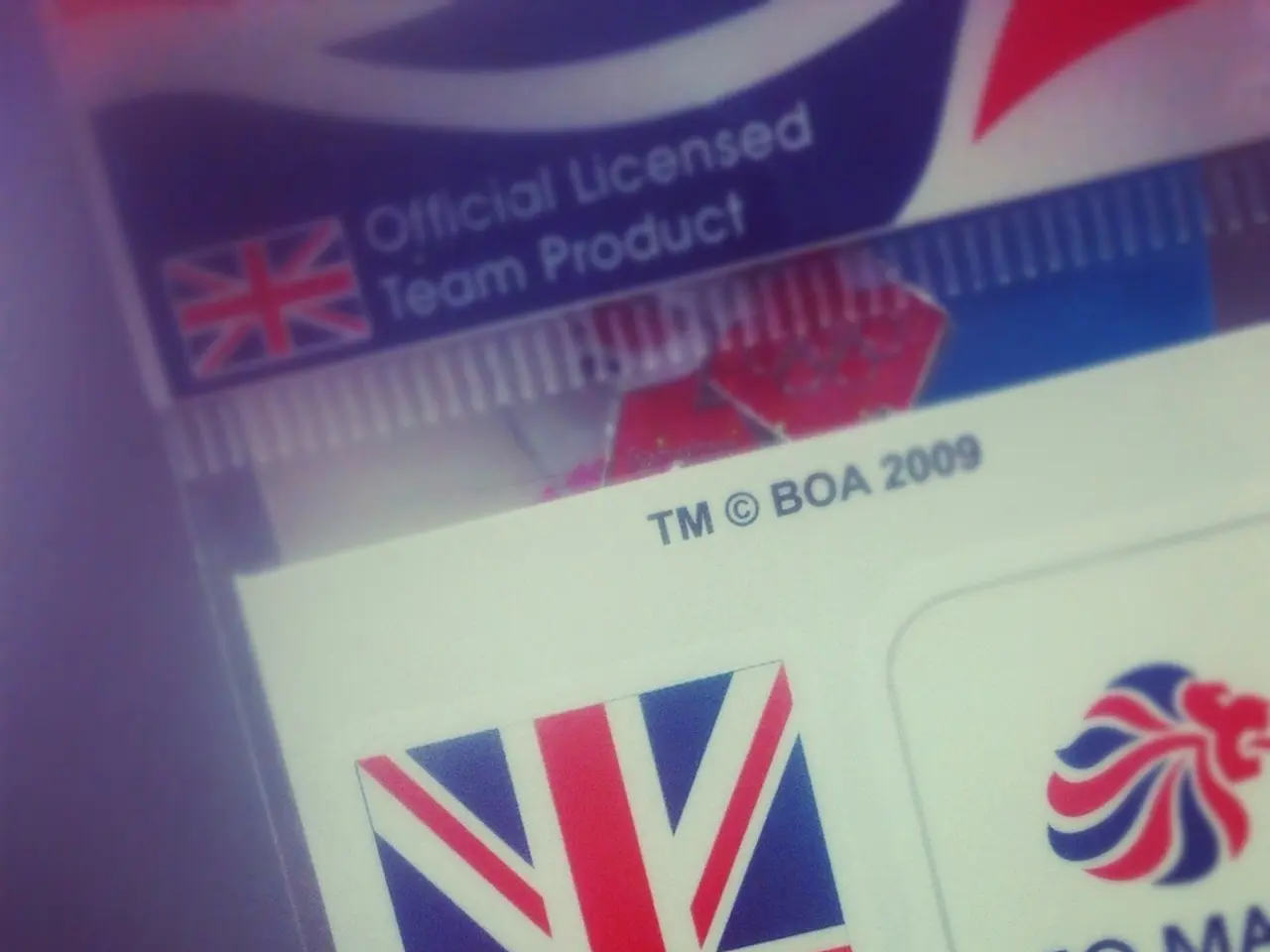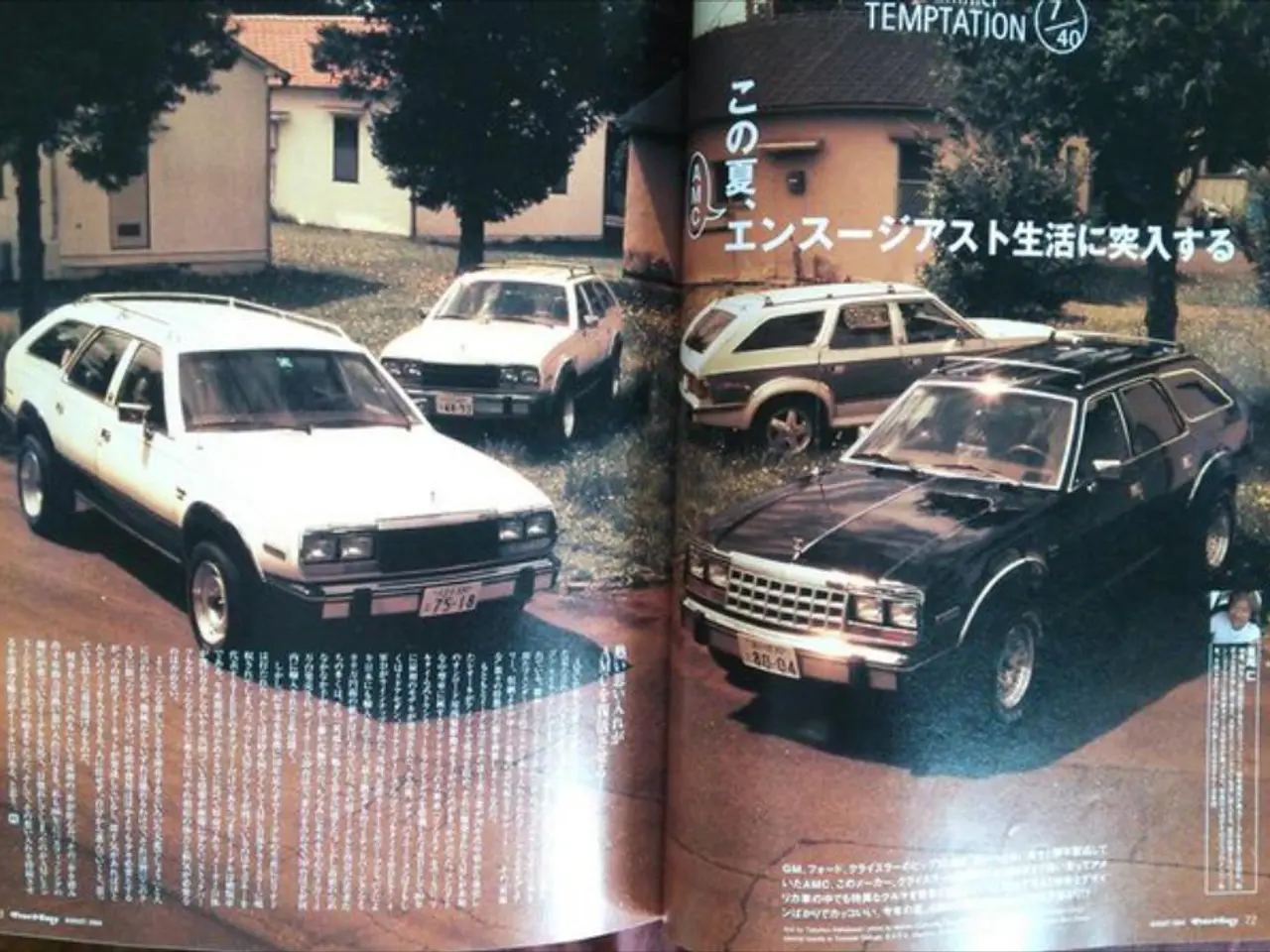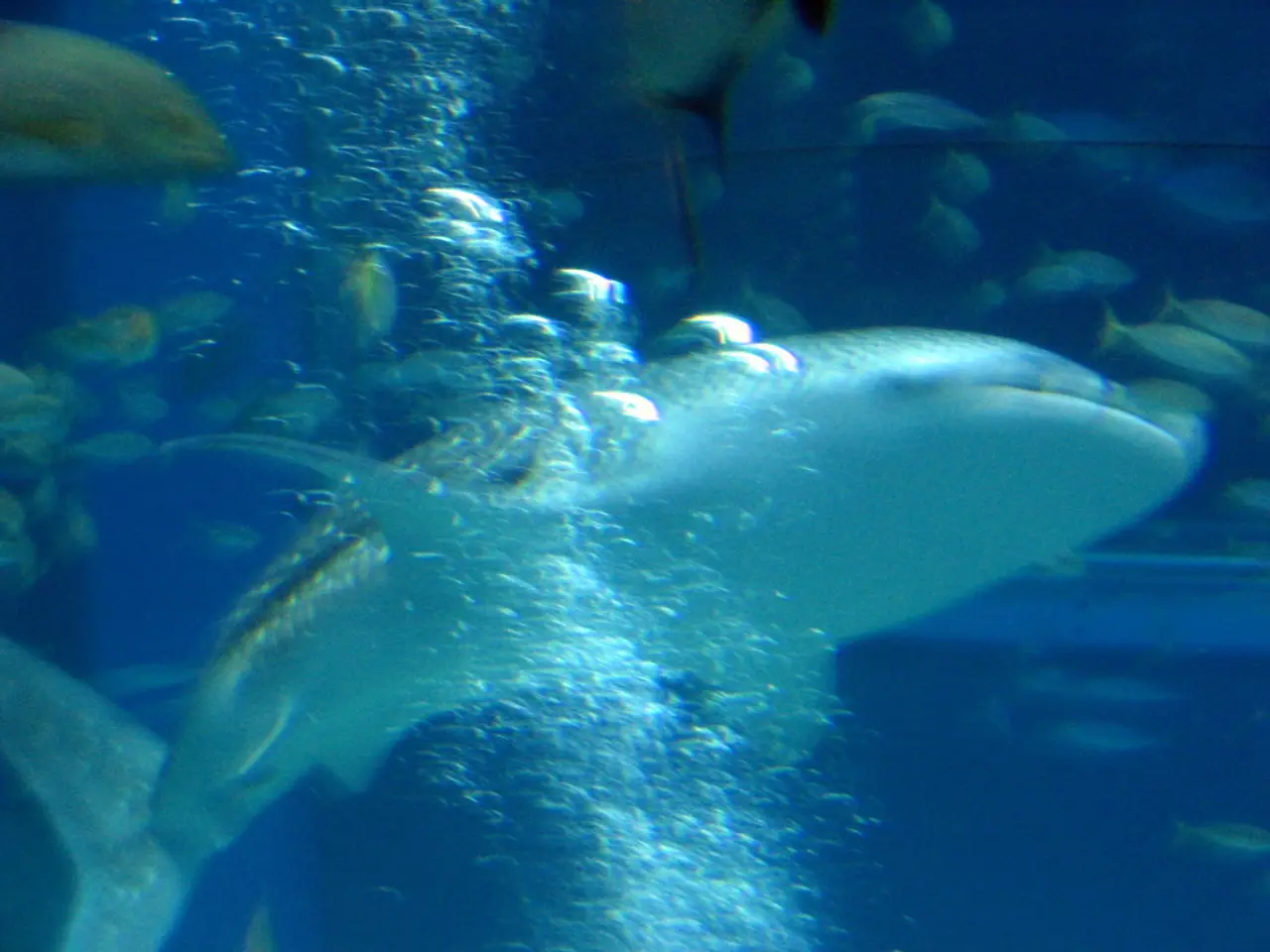Atom Chats
Iran contemplating possible resumption of talks following U.S. offensive actions
In the wake of the US attacks on Iranian nuclear sites, President Trump is planning to initiate fresh talks about the country's nuclear program. However, no concrete meetings between negotiators from both Washington and Tehran are set yet. Trump's spokesperson, Karoline Leavitt, stated, "Nothin' cookin' at the moment." Trump earlier mentioned new talks with Iran during the NATO summit, but provided no specifics.
Iran's Foreign Minister Abbas Araghtchi confirmed the communication with his peers but expressed caution about potential nuclear talks with the US. "As for negotiations with the Yanks, we're currently weighing our options for our national interests," he told state broadcaster IRIB. No agreements or arrangements for resuming negotiations have been made thus far.
Wadephul on Iran Talks: "We've Got a Real Ace Up Our Sleeve"
In any possible negotiations concerning Iran's nuclear program, German Foreign Minister Johann Wadephul (CDU) sees Europe as being in a commanding position. "We've got a good hand," said Wadephul on ZDF's "Maybrit Illner." Europeans can impose sanctions on Tehran using the so-called snapback mechanism. "We've got a real ace up our sleeve. They know that in Washington, and we'll play it when the time's right." The goal remains to reach a peaceful resolution.
The 2015 Vienna Agreement concerning Iran's nuclear program is still technically in effect until October 2025, although it's no longer actively enforced. Until then, European governments as co-signatories can utilize the snapback mechanism to reinstate previous and harsh UN sanctions on Iran without much opposition. This provides European administrations, even those not directly involved in talks with Iran regarding the nuclear program, significant influence.
E3 Talks to the Iranians
Wadephul stressed that he is in touch with both the US and his Iranian counterpart. The E3 coalition, consisting of Germany, France, and the UK, act as the intermediaries and establish contact with Iran. However, Araghtchi demanded that the E3 nations clarify the importance of international law in their policies, since experts have deemed the US and Israeli attacks on nuclear facilities as illegal.
Moreover, Araghtchi criticized German Chancellor Friedrich Merz's comment that Israel had carried out the "filthy work" with its attacks on Iran.
CNN: Discussions on a Billion-Dollar Investment in Civilian Nuclear Program
To make the idea of returning to the negotiating table appealing for the Iranian government, CNN reports that there are discussions taking place in Washington about a multi-billion-dollar investment package for Iran's civilian nuclear program. The condition is that there will be no uranium enrichment in the future, according to the US broadcaster, citing multiple sources familiar with the plans.
Alongside investments of up to $30 billion in the civilian nuclear program, the lifting of some sanctions against Iran and the release of frozen bank accounts at foreign banks are amongst the considerations being debated. Several Arab nations, apart from the United States, are also believed to be involved in the discussions and are expected to fund the investments.
Tehran Accuses IAEA of Collusion in Attacks on Nuclear Facilities
The Iranian government has no intentions of welcoming the Director General of the International Atomic Energy Agency (IAEA), Rafael Grossi, said Iran's Foreign Minister Araghtchi. Iran's legislature recently decided to halt cooperation with the IAEA until the "safety" of nuclear facilities is guaranteed. In recent days, Iranian officials have implicated the IAEA and Grossi in the Israeli and US attacks on their nuclear facilities due to their reports on Iran's nuclear program.
Grossi announced a day after the ceasefire between Israel and Iran that he planned to travel to Iran as soon as possible to meet with Araghtchi. Grossi has stressed the need for IAEA inspectors to resume their work and assess Iranian nuclear sites in the aftermath of the attacks.
Iran Admits "Substantial" Damage to Nuclear Facilities
The damage to Iran's nuclear sites from Israeli and US attacks is "substantial," according to Iran's Foreign Minister Araghtchi. This marks the first time a top official from the Iranian government has commented on the impact of the attacks on the nuclear program and acknowledged such damage.
The extent of the damage to Iran's nuclear facilities from the attacks using large bomblets is uncertain. According to an assessment by the US CIA, it will take many years to reconstruct the facilities. However, a preliminary report from the US military intelligence agency DIA concluded that the nuclear program had only been set back by a few months.
In the context of potential nuclear talks between Iran and the US, German Foreign Minister Johann Wadephul sees Europe as having a strong hand, as they can impose sanctions using the snapback mechanism, potentially providing significant influence even for those not directly involved in the negotiations.
In the wake of the US attacks on Iranian nuclear sites, there are discussions in Washington about a multi-billion-dollar investment package for Iran's civilian nuclear program, contingent on a ban on uranium enrichment and the lifting of certain sanctions, with several Arab nations also believed to be involved in the negotiations.






